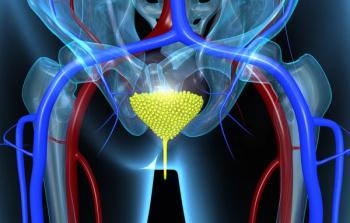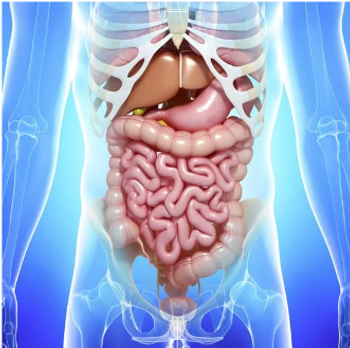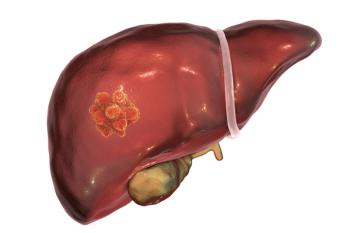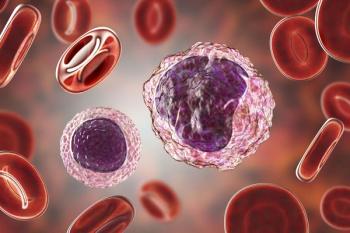
Additionally, the Chinese Society of Clinical Oncology and Chinese Anti-Cancer Association guidelines recommend the isatuximab regimen for this population.

Your AI-Trained Oncology Knowledge Connection!


Additionally, the Chinese Society of Clinical Oncology and Chinese Anti-Cancer Association guidelines recommend the isatuximab regimen for this population.

The approved combination of enfortumab vedotin and pembrolizumab provides an alternative to chemotherapy for patients in China.

Findings from the phase 3 SACHI trial support the National Medical Products Administration’s priority review designation for savolitinib/osimertinib.

The decision is supported by results from the phase 2 TRUST-1 trial, which evaluated the safety and efficacy of taletrectinib in ROS1-positive NSCLC.

Feedback from the European Medicines Agency following results of the phase 3 TROPION-Lung01 informed the marketing authorization application withdrawal.

The European Commission has approved ribociclib plus an aromatase inhibitor for patients with early breast cancer.

The European Commission has approved tislelizumab plus chemotherapy as treatment for patients with esophageal and gastric or GEJ cancer.

Results from the TRIDENT-1 and CARE trials, which showcased durable activity and robust responses with repotrectinib, supported the recommendation.

The CHMP recommended for approval nivolumab/ipilimumab for patients with MSI-H and dMMR unresectable or metastatic colorectal cancer.

National Comprehensive Cancer Network updated 2 guideline resources to keep providers and other stakeholders up to date on cutting-edge genetic research.

Data from KEYNOTE-868 and KEYNOTE-A18 support the approval of pembrolizumab-based therapy in endometrial and cervical cancer, respectively.

Phase 3 EV-302 results supported the approval, showing a statically significant survival benefit compared with chemotherapy in urothelial carcinoma.

Data from the GLOW and SPOTLIGHT trials support the European Commission’s approval of zolbetuximab for patients with CLDN18.2-positive gastric cancer.

A belantamab mafodotin combination regimen has been accepted for review in Japan, based on data from the DREAMM-7 and DREAMM-8 clinical trials.

Data from the phase 2 PHAROS trial support the European Commission’s approval of encorafenib/binimetinib in NSCLC harboring a BRAF V600E mutation.

Second-line fruquintinib plus paclitaxel did not sustain sufficient efficacy for patients with advanced gastric or GEJ adenocarcinoma to support approval in China.

The decision follows phase 3 EV-302 trial findings showing improved survival with enfortumab vedotin plus pembrolizumab vs chemotherapy in urothelial cancer.

The EGFR-MET bispecific antibody amivantamab in combination with chemotherapy yielded a survival benefit compared with chemotherapy alone for EGFR-mutated NSCLC.

The European Commission’s decision represents the first regulatory approval of odronextamab for patients with follicular lymphoma or DLBCL.

Phase 2 data support the National Medical Products Administration’s approval of fulzerasib for those with KRAS G12C–mutated NSCLC in China.

Conditional marketing authorization for epcoritamab in the European Union is based on findings from the phase 1/2 EPCORE NHL-1 trial.

In Japan, liso-cel recently received approval for patients with previously treated relapsed/refractory follicular lymphoma.

Subgroup analysis data from DUO-E support the European approval of durvalumab-based treatment in primary or recurrent endometrial cancer.

Data from the phase 3 MELATORCH study support the supplemental new drug application for frontline toripalimab in unresectable or metastatic melanoma.

Frontline zolbetuximab plus chemotherapy is one step closer to approval by the European Commission for select patients with advanced gastric/GEJ cancer.

Survival results from the phase 3 CheckMate –9DW trial support the application for the combination therapy in treating hepatocellular carcinoma.

Data from DREAMM-7 and DREAMM-8 support the marketing authorization application for the belantamab mafodotin combinations in multiple myeloma.

Findings from the phase 3 FLAURA2 trial support the European approval of osimertinib/chemotherapy in EGFR-mutated non–small cell lung cancer.

A statistically significant and clinically meaningful improvement in progression-free survival in the phase 3 trial DUO-E support the recommendation.

Findings from ELM-1 and ELM-2 support the positive opinion for odronextamab as a treatment for relapsed/refractory follicular lymphoma and DLBCL.